6 books author and scientist Hope Jahren couldn't live without
The award-winning paleobiologist recommends works by Cora Sandel, Edward P. Jones, and more
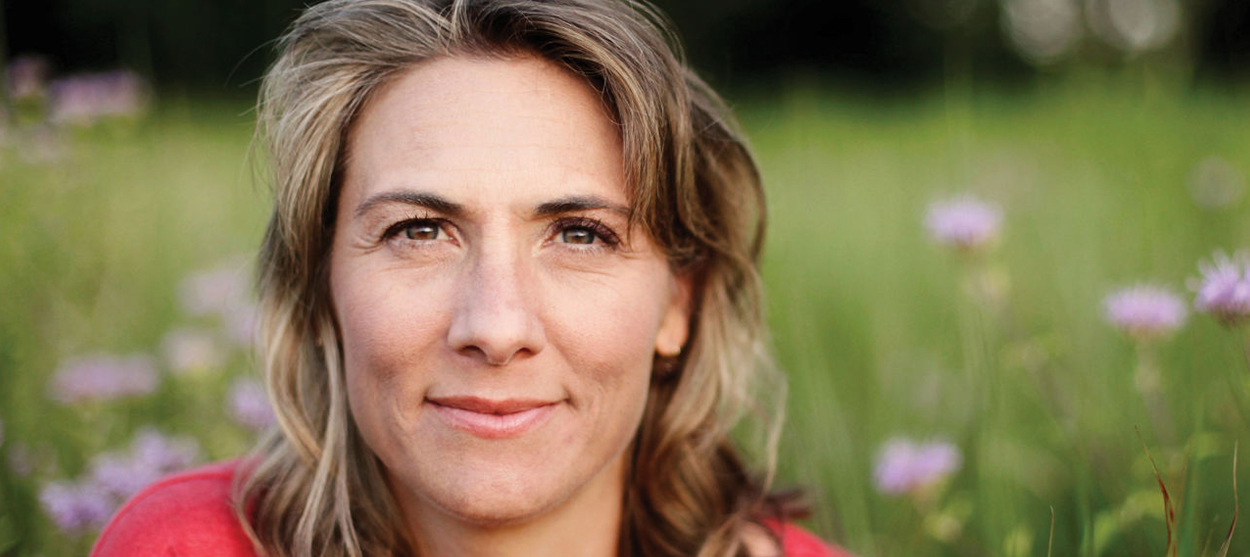
A free daily email with the biggest news stories of the day – and the best features from TheWeek.com
You are now subscribed
Your newsletter sign-up was successful
Paleobiologist Hope Jahren is the best-selling author of Lab Girl, which won a 2016 National Book Critics Circle Award. Her new book, The Story of More, details how human choices produced climate change, and what can be done now.
Random Family by Adrian Nicole LeBlanc (2003).
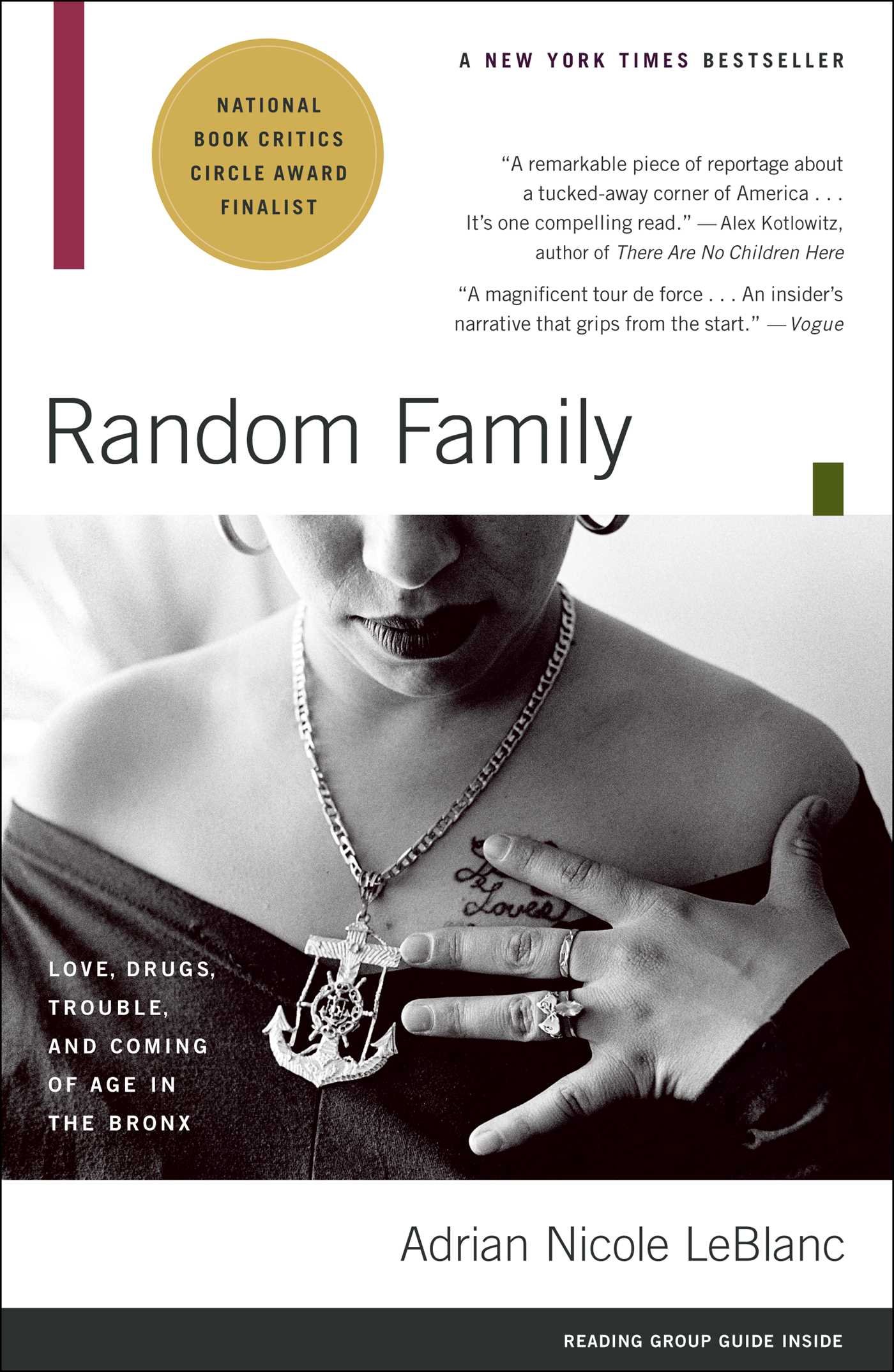
My all-time favorite nonfiction book tells the story of the women and children left behind in the Bronx of the 1990s after mandatory sentencing for minor drug offenses put many men in prison. A testimony to the grit, ingenuity, and heart that women and girls use to make ends meet under the toughest circumstances.
The Week
Escape your echo chamber. Get the facts behind the news, plus analysis from multiple perspectives.

Sign up for The Week's Free Newsletters
From our morning news briefing to a weekly Good News Newsletter, get the best of The Week delivered directly to your inbox.
From our morning news briefing to a weekly Good News Newsletter, get the best of The Week delivered directly to your inbox.
The Known World by Edward P. Jones (2003).
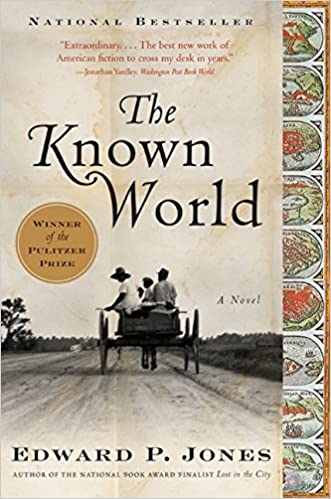
In this masterpiece of historical fiction, Jones re-creates the world of slave families and businesses in antebellum Virginia, imaginatively evoking the weddings, births, auctions, and deaths that history did not bother to record, and giving us fictional characters so real they belong in history books.
Finn by Matthew Olshan (2001).
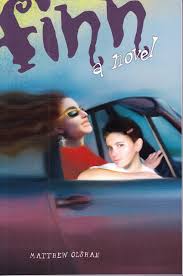
This book has the fastest-moving plot I've ever encountered, so buckle up! A brilliant retelling of Huckleberry Finn, set in 1990s Baltimore and with a young girl as its protagonist, it's great reading for anyone, young adults and not-so-young adults alike.
A free daily email with the biggest news stories of the day – and the best features from TheWeek.com
Rivethead by Ben Hamper (1991).
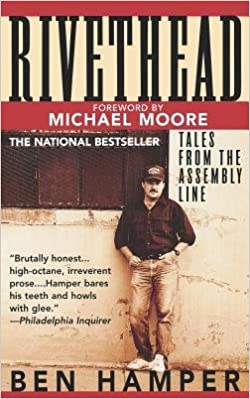
In this hilarious autobiography written by a self-proclaimed "shop-rat" on the General Motors assembly line, Hamper recounts the absurdities of factory life — his co-workers, his managers, even the machines — with humility and hearty wit. I laugh all the way through this book each time I read it.
A Window Over the Sink by Peg Bracken (1981).
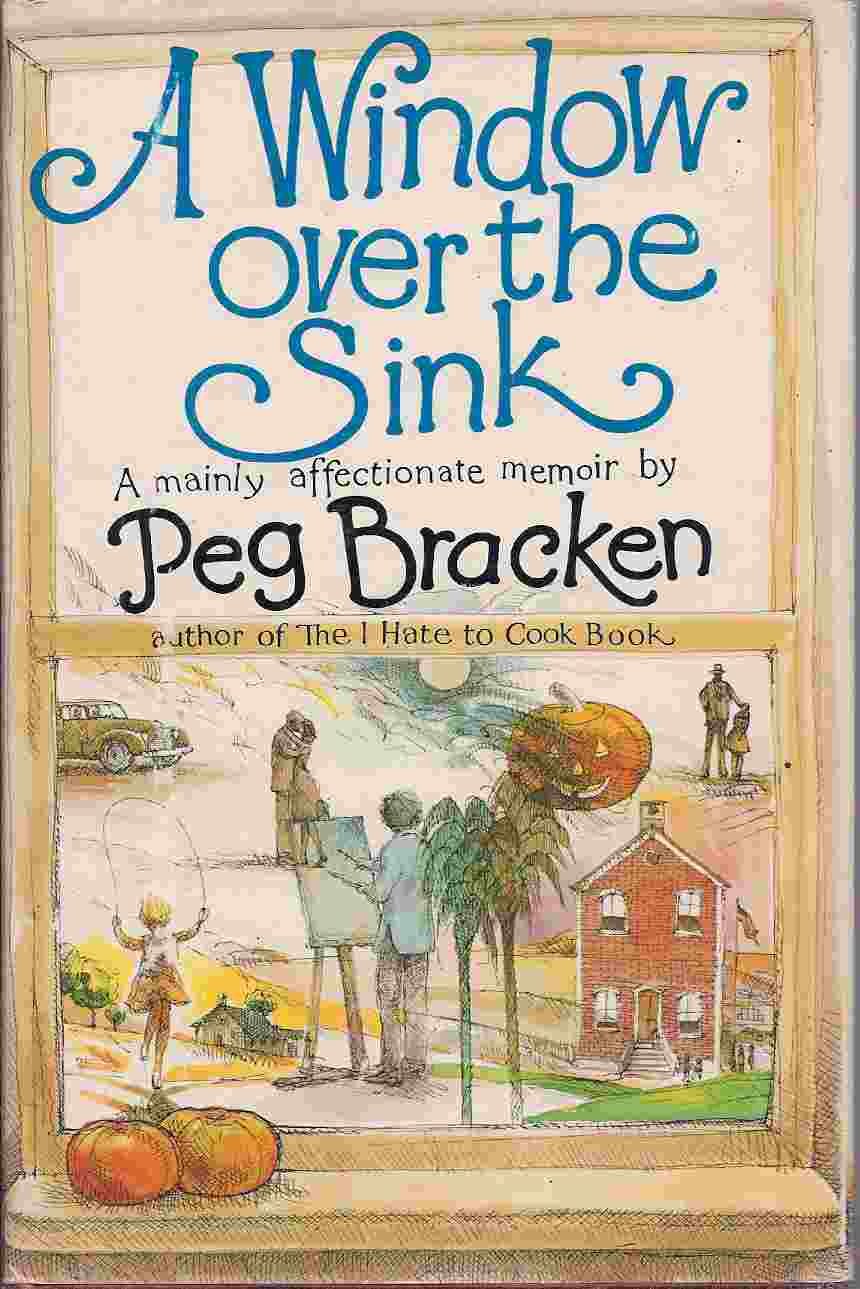
The autobiography of an exceptional person who didn't take herself too seriously. Filled with honest and earnest talk about the pressures and mores of 1960s housewives, this book reveals how a life spent in the kitchen yields a depth of thought and feeling rivaling that of the most intrepid adventurer.
Alberta and Jacob by Cora Sandel (1926).

Scandinavia's answer to Little Women, this Norwegian novel tells the story of fraternal twins teetering on the verge of adulthood. As Jacob's world opens to adventure (he considers joining a fishing crew, enlisting in the military, or simply running off), Alberta finds herself more and more constricted within their village and far-northern way of life. Wonderful, moving prose describes the agony of leaving your first home, and the awe of meeting your adult self.
This article was first published in the latest issue of The Week magazine. If you want to read more like it, try the magazine for a month here.
-
 ‘Restaurateurs have become millionaires’
‘Restaurateurs have become millionaires’Instant Opinion Opinion, comment and editorials of the day
-
 Earth is rapidly approaching a ‘hothouse’ trajectory of warming
Earth is rapidly approaching a ‘hothouse’ trajectory of warmingThe explainer It may become impossible to fix
-
 Health insurance: Premiums soar as ACA subsidies end
Health insurance: Premiums soar as ACA subsidies endFeature 1.4 million people have dropped coverage